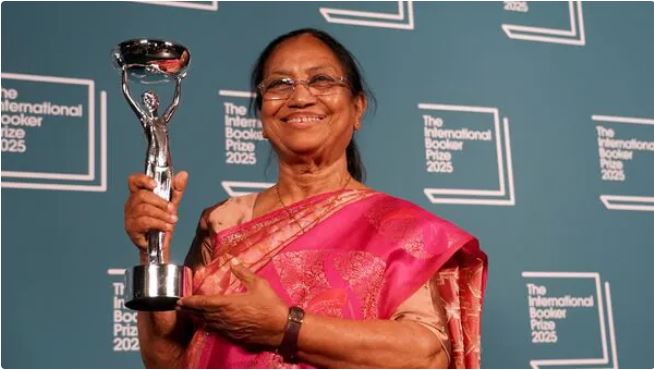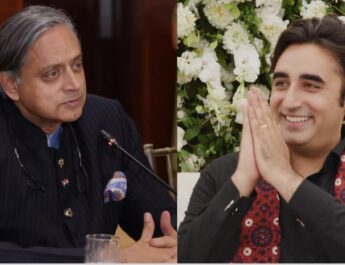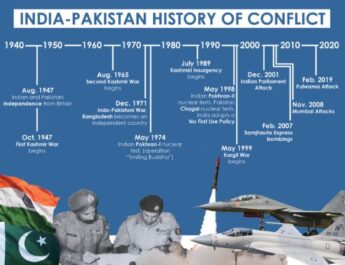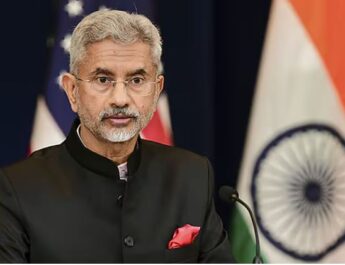New Delhi: Banu Mushtaq penned her inaugural short story during her middle school years in Hassan, Karnataka, in the 1950s. This journey culminated on Wednesday when the 77-year-old writer, lawyer, and activist made history by winning the International Booker Prize alongside her translator, Deepa Bhasthi, thus becoming the first Kannada author to receive this esteemed accolade. The award-winning book, Heart Lamp, is a compilation of 12 short stories crafted over three decades, vividly portraying the daily lives of Muslim women in Karnataka with both humor and grace.
It triumphed over five other global contenders, marking it as the first short story collection to secure this annual prize that recognizes the finest fiction translated into English. Mushtaq expressed her joy at a ceremony held at the Tate Modern gallery in London, stating, ‘This moment feels like a thousand fireflies lighting a single sky — brief, brilliant and utterly collective.’ She emphasized that she accepts this significant honor not solely for herself but as a representative voice among many.
‘What a beautiful win this is for my beautiful language,’
Bhasthi remarked, ‘What a beautiful win this is for my beautiful language,’ becoming the first Indian translator to achieve the International Booker. This marks the second Indian book to win the International Booker Prize in three years, following Geetanjali Shree and translator Daisy Rockwell’s 2022 victory for Tomb of Sand (Ret Samadhi).
Both the writer and translator are awarded £25,000 each. Jury chair Max Porter noted, ‘Heart Lamp offers something truly innovative for English readers. It features a radical translation that disrupts language to forge new textures within a variety of Englishes. These vibrant, life-affirming stories emerge from Kannada, enriched by the extraordinary socio-political nuances of other languages and dialects, addressing themes of women’s lives, reproductive rights, faith, caste, power, and oppression.’
A prominent figure in Karnataka, Mushtaq began her writing journey in the 1970s, pioneering the fight for women’s rights and freedoms. This bold stance led to numerous threats, social ostracism, and even a knife attack. Her personal struggles, often mirrored in her characters, once pushed her to the edge of suicide in her late 20s as a young mother, yet she persevered through that dark period.
“My narratives focus on women and how religion, society, and politics impose blind obedience upon them, resulting in severe cruelty and reducing them to mere subordinates,” she shared in an interview with the Booker Prize. Her early involvement in progressive movements in Karnataka laid the groundwork for her extensive literary career.
For nearly ten years, she contributed to Lankesh Patrike, a prominent Kannada newspaper, and one of her stories was transformed into the National Award-winning film Hasina by director Girish Kasaravalli in 2004. “The daily news and my own experiences have fueled my creativity. The anguish and struggles of these women evoke a profound emotional reaction in me, driving me to write,” Mushtaq remarked. Born in 1948 in Hassan, Karnataka, Mushtaq was raised in a large Muslim family.
She started her education in an Urdu medium school before transitioning to a Kannada institution at eight, mastering the language in just a month. Despite financial hardships, her father, a government health inspector in the former Mysore state, supported her passion for writing by purchasing Kannada books for her. Although she began writing in school, it was not until she was 26 and married that her first short story was published in the well-known Kannada magazine Prajamata.




